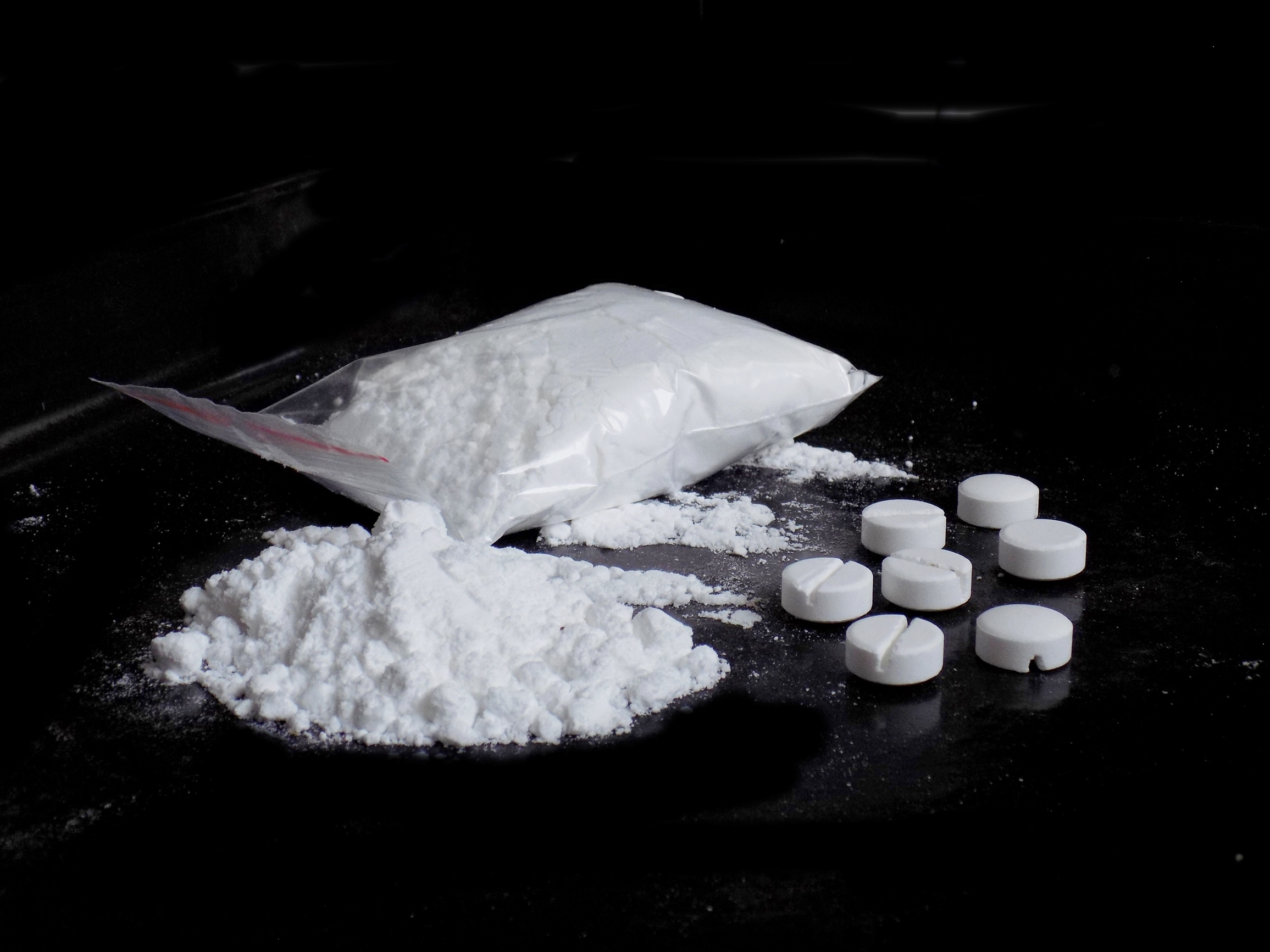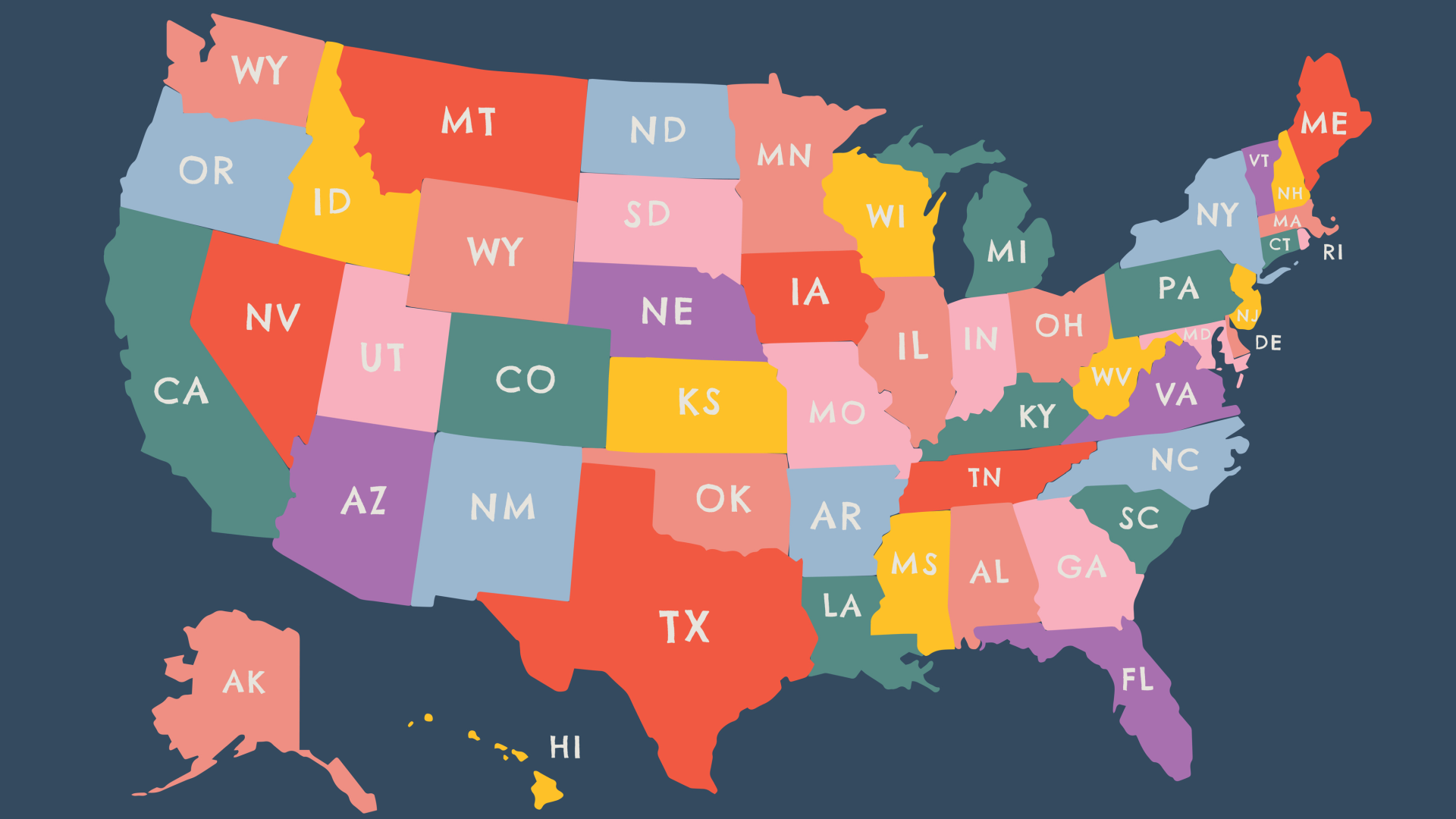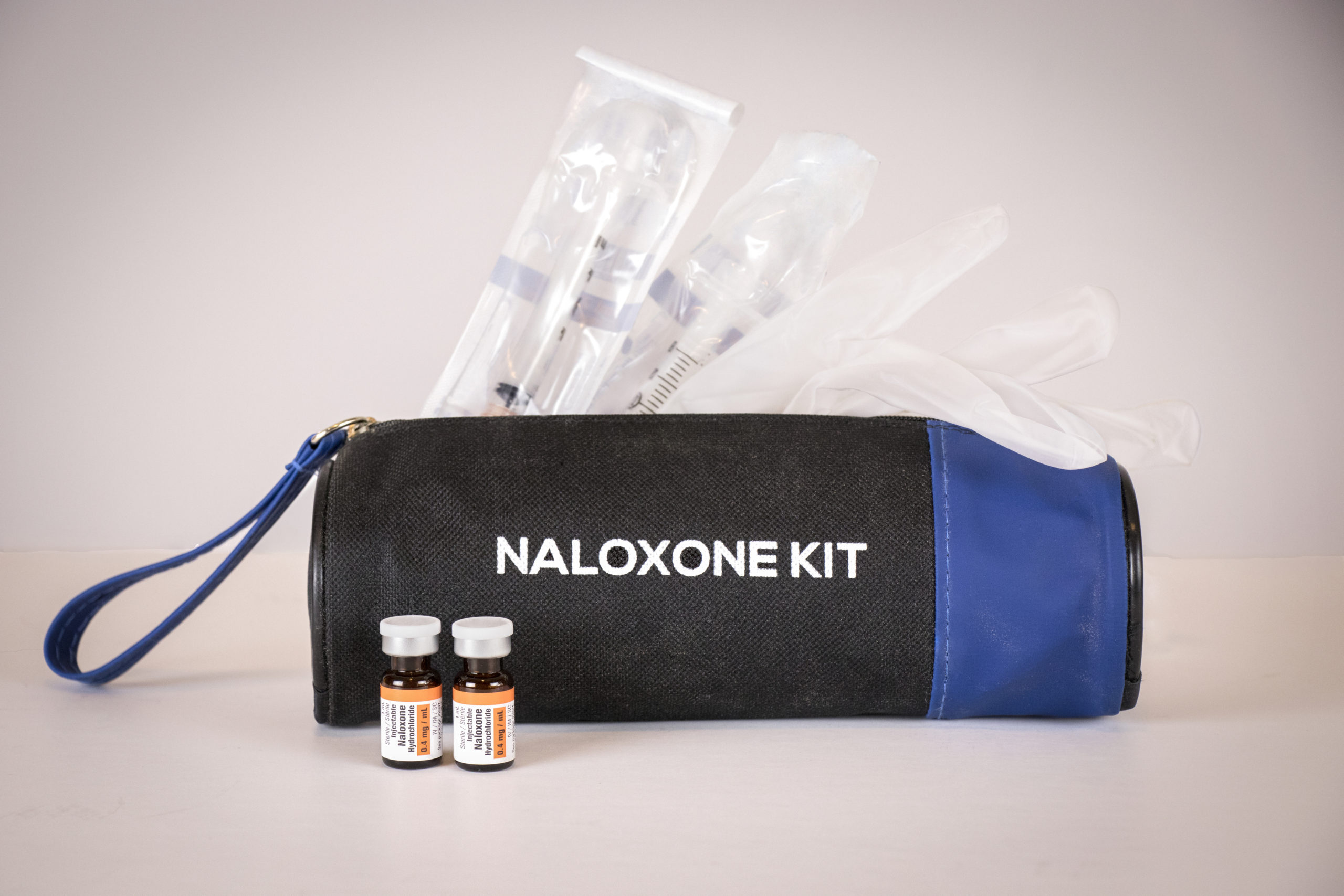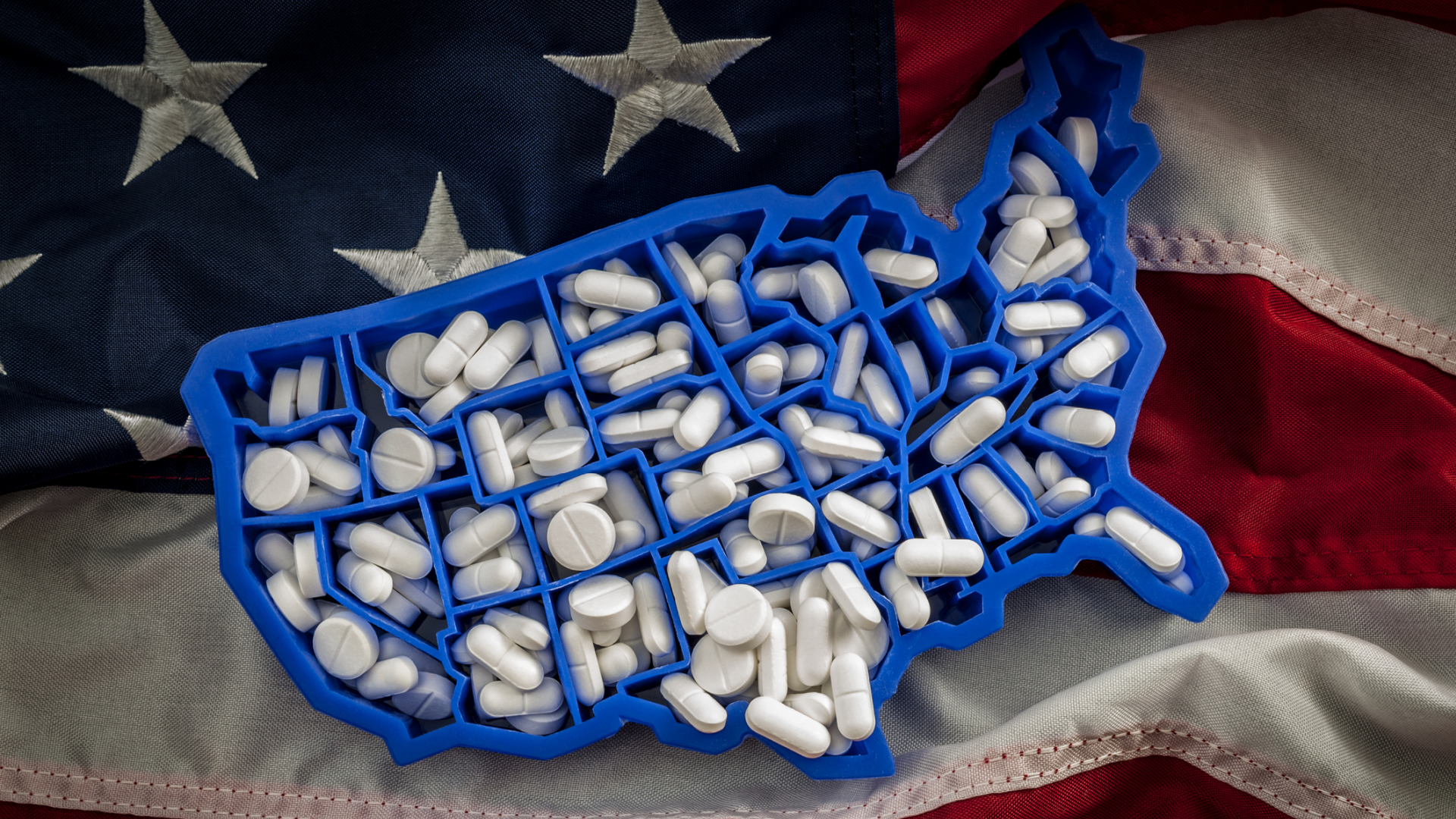In this survey, the Legislative Analysis and Public Policy Association (LAPPA) examines the state-level legislative response to drugged driving. In Section I, it presents the existing laws on driving under the influence of drugs in the 50 states and the District of Columbia. Section II highlights a selection of additional resources for policymakers on drugged driving research and policy proposals in the United States. These resources include scientific studies, such as the latest research on the physiological effects of certain substances on drivers and the effectiveness of new testing methods and policy analysis, including recommendations from the U.S. Department of Justice on how to effectively detect and prosecute drugged driving. Together they illuminate the evolving landscape of drugged driving in the United States and the potential remedies that can keep Americans safe on the roads....











